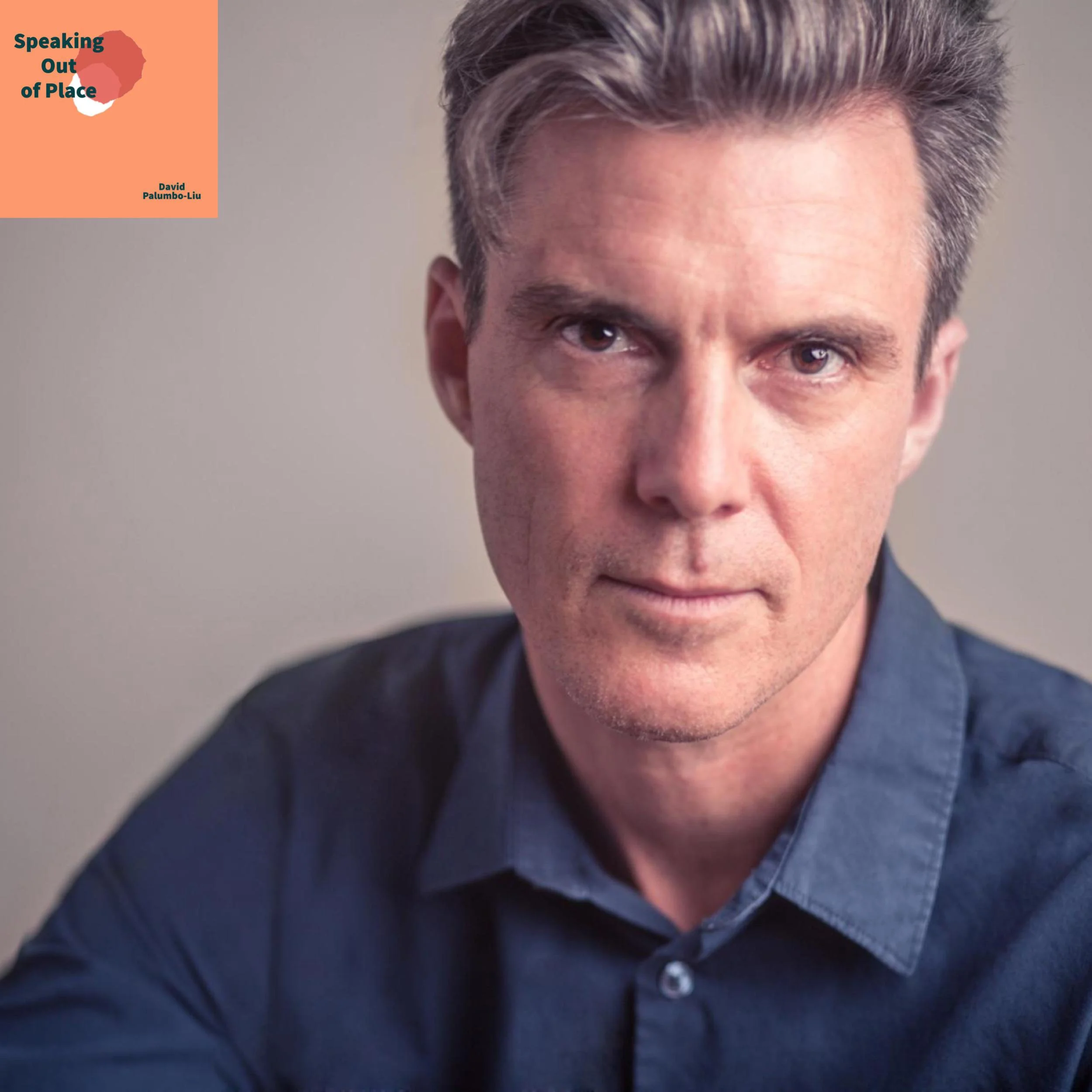Speaking Out of Place: CYNTHIA G. FRANKLIN discusses “Narrating Humanity: Life Writing and Movement Politics from Palestine to Mauna Kea”
/Author of Narrating Humanity: Life Writing and Movement Politics from Palestine to Mauna Kea
Professor of English at University of Hawai'i · Coeditor of the journal Biography
I posit narrated humanity as a lens through which to study how narratives participate in struggles to conceive human being beyond juridical and narrative humanity. What I was thinking about was just the kind of narrative codes and conventions and genres that help us to understand who counts as human in ways that people who are fighting for human rights as a thing that you have to do, even as there are all kinds of critiques that can and have been made rightly so of human rights, but that you have to do it.



